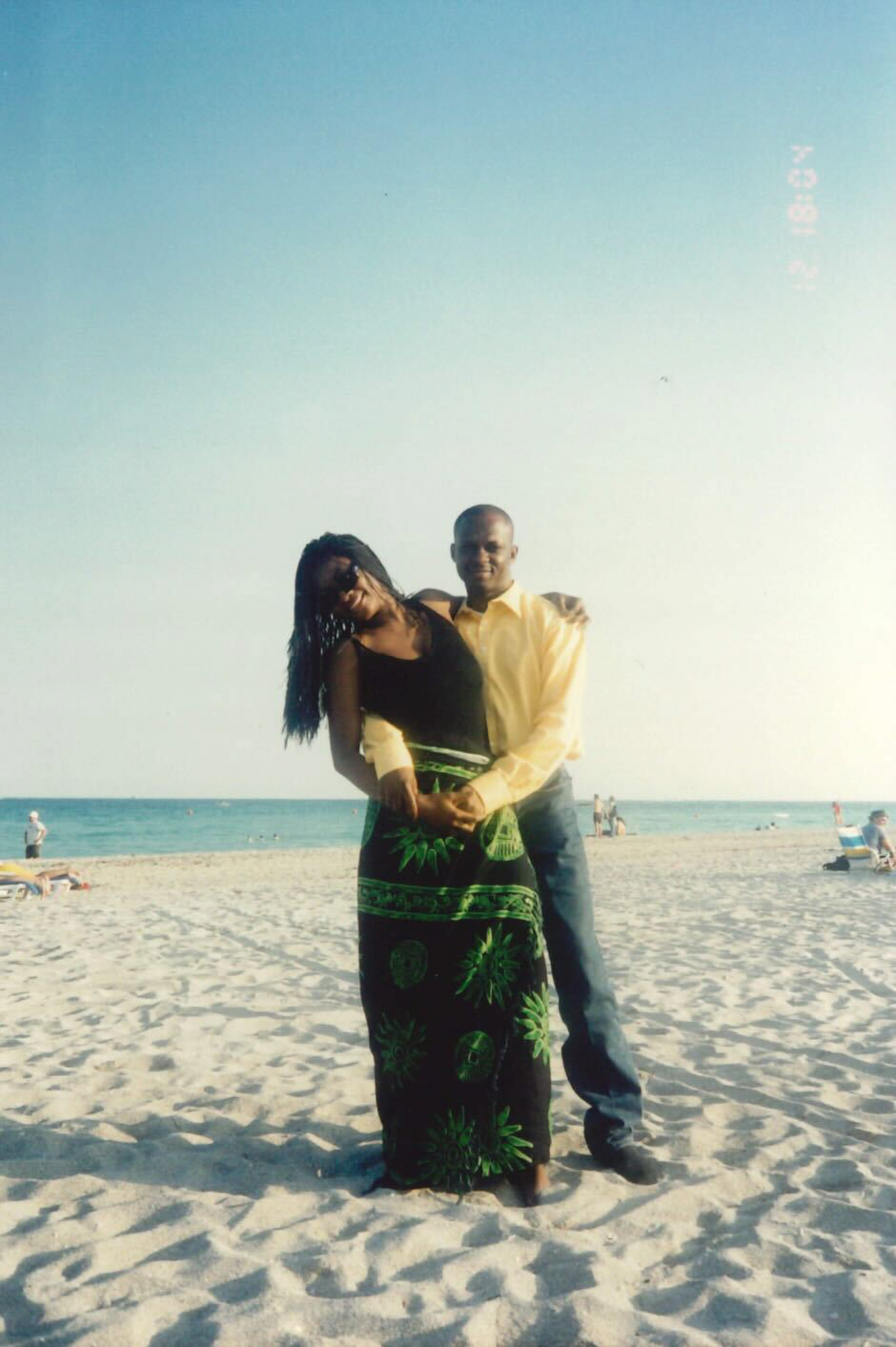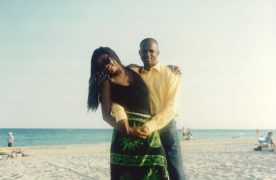If you can imagine it, there was a time when formal presentation was an American standard.
Well into the 1950s, Americans wore their best to restaurants, the movies, church, work and while traveling.
But let’s just say it — Americans love to be comfortable.

So much so that in the 1980s, tech professionals in Silicon Valley drove the final nail into the coffin of formality in a rebellion against traditional work attire, leading to the emergence of business casual style.
Although manuals dictated how workers should dress nationwide, unchecked breaches in the workplace eroded the validity of these guidelines.
In a 2017 article from The Atlantic, writer Deirdre Clemente explains that Silicon Valley tech firms were the ideal space for these persistent transgressions because they were “insular, self-regulated, and male-dominated — a fertile combination for discarding norms and celebrating rule-breaking.”
“Americans began the 20th century in bustles and bowler hats and ended it in velour sweatsuits and flannel shirts— the most radical shift in dress standards in human history,” Clemente wrote. “Culture change occurs most quickly when it’s led by the people, for the people.”
Today, dressing for comfort symbolizes a sense of personal freedom and autonomy. Gone are the days in America when what one wore was directly proportional to who one was.
Today, whether old, young, rich or poor, casual dress has become an equalizer, representing an overall prioritization of practicality and comfort.
However, if you step out of the American bubble, even for a moment, you will quickly notice that other countries are not playing by the same rules. Elsewhere, clothing is closely tied to identity, self-respect and the dignity one brings to their everyday life.
In an article titled “What I’ve Learned About Style from My Nigerian Father,” Chioma Nnadi, the editor-in-chief of British Vogue, reflected on being raised by a Nigerian father and how that experience influenced her career in fashion, culminating in one of the most coveted roles in the fashion industry.
Nnadi, who grew up in London, remembers her father exclusively wearing suits, removing his tie only on weekends.
“In dressing to look and feel like a prince, he wielded black excellence like a suit of armor,” she wrote in her article. “The politics of his fashion choices were just as carefully considered. When I asked him why he stopped wearing denim—nary a pair of jeans, a denim shirt or jacket even — my dad…explained that in his mind, jeans were a sign of American imperialism.”
Nnadi’s father valued presentation and believed in dressing with intention. I couldn’t tell you the parallels that Nnadi’s article drew from my own experience.
The other day, my mother pulled out the largest box of vintage photos I’d ever seen. Right at the top was a photo of my rather fashionable parents on the beach in Miami in the early 2000s. My Ghanaian mother draped a detailed sarong around her waist, and my father somehow managed the Miami heat in his button-up.
My father, the proudest girl dad of three, understands the silent power of a well put-together outfit. He’s the type to stop you right before running out the door, however late, and make you iron your miniskirt.
“Why are you looking scattered, with your clothes jaga-jaga like this? Is everything okay?” I can hear him saying in his Nigerian accent.
This winter break, when I spent my first Christmas and New Year’s in Nigeria, I felt somewhat grown up and gained a much better understanding of where my father’s knack for fashion originated.
I couldn’t help but be in awe of the caliber of fashion in Lagos, unmatched by any other city I have visited. The vibrant colors, the mismatched textures that were perfectly paired and the embellished bags and heels — style permeated the air.
Nigerian designer Busola Olupano put it perfectly in an interview with Harper’s Bazaar.
“Nigerian style is ostentatious,” she said. “It is loud, it is colorful, it is over-the-top.”
While trying to uncover the root of Nigerians’ unique flair, I found myself thinking of my friend Zaynah, whose sense of style I deeply admire. Having lived in London, France and Lagos, Nigeria, she is someone who has absorbed different cultures and remixed them in her own effortless manner.
I recall a conversation we had about style, where she referenced a month of nonstop partying— popularly known as Detty December. She painted a picture in which you’re constantly on the move, attending different events with various themes all day and night, compounded with the overwhelming Nigerian urge to outdo everyone.
It’s impossible to be laid-back, whether that means following the most recent trends dominating social media, wearing the most expensive brands or shaping a completely outlandish and original style for the sake of being talked about.
It’s the competition that inspires creativity, but it’s not cutthroat. In Nigeria, dressing up isn’t about insecurity or showing off. It’s about everyone showing up and standing out. Fashion is a form of cultural pride and joy.
The next time you feel tempted to leave the house in your Crocs and college hoodie, ask yourself: What would a Lagos girl do?
Because let’s be real — Americans simply aren’t doing it like Nigerians.
Honestly? It might be time to start.














